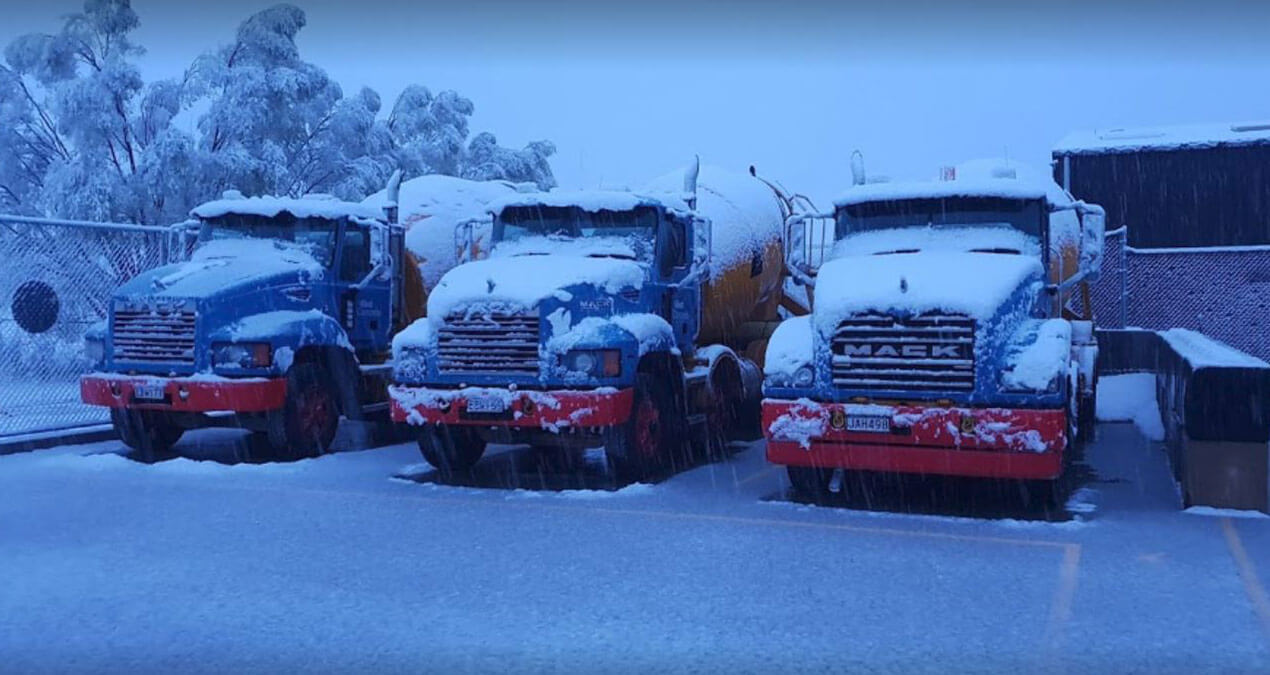Admixtures for Cold Weather
Cold weather provides new challenges to the concrete worker. Cold weather can increase concrete set times, retard concrete stiffening and slow its strength gain.

Cold weather provides new challenges to the concrete worker. Cold weather can increase concrete set times, retard concrete stiffening and slow its strength gain.


"*" indicates required fields